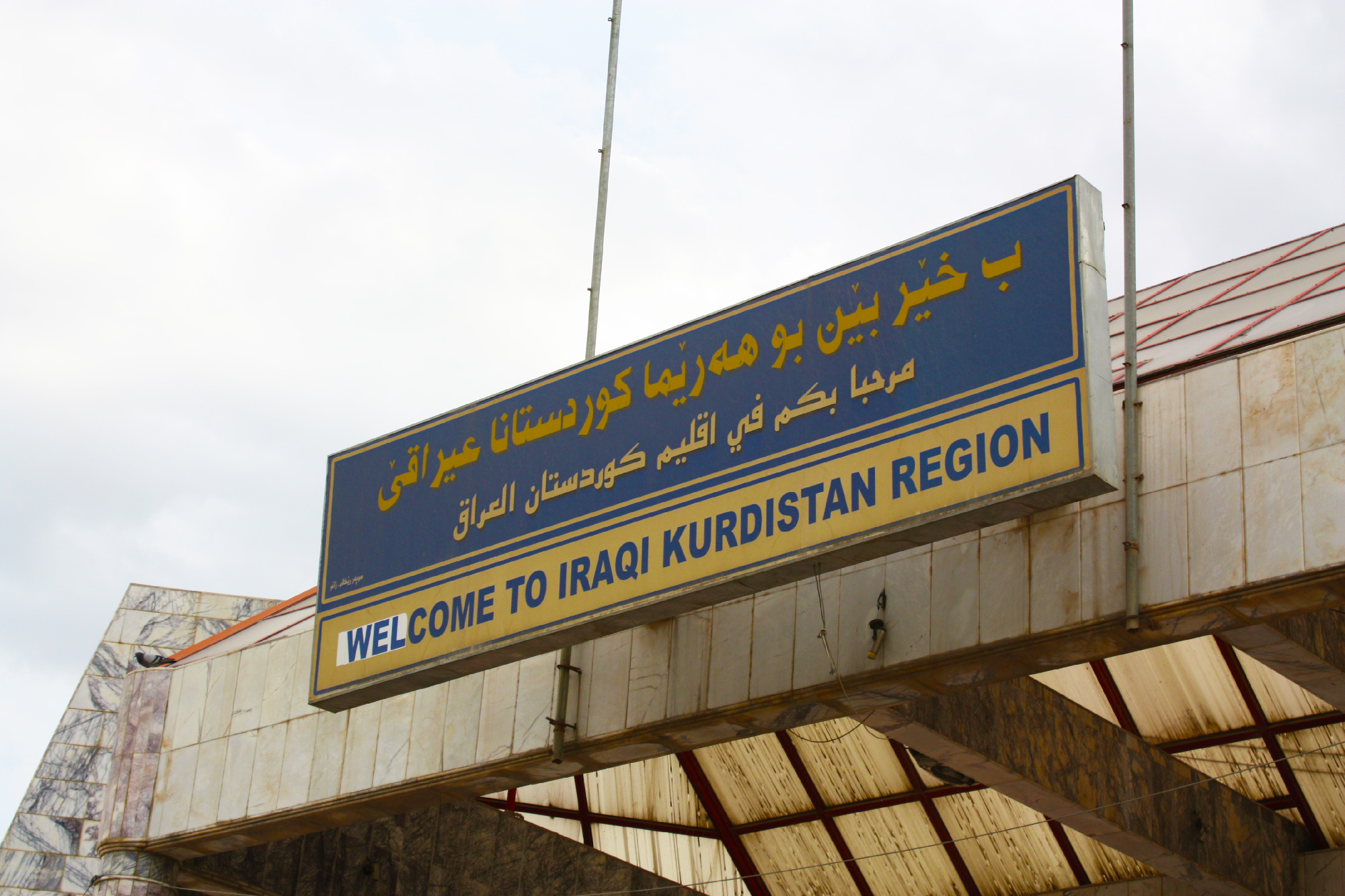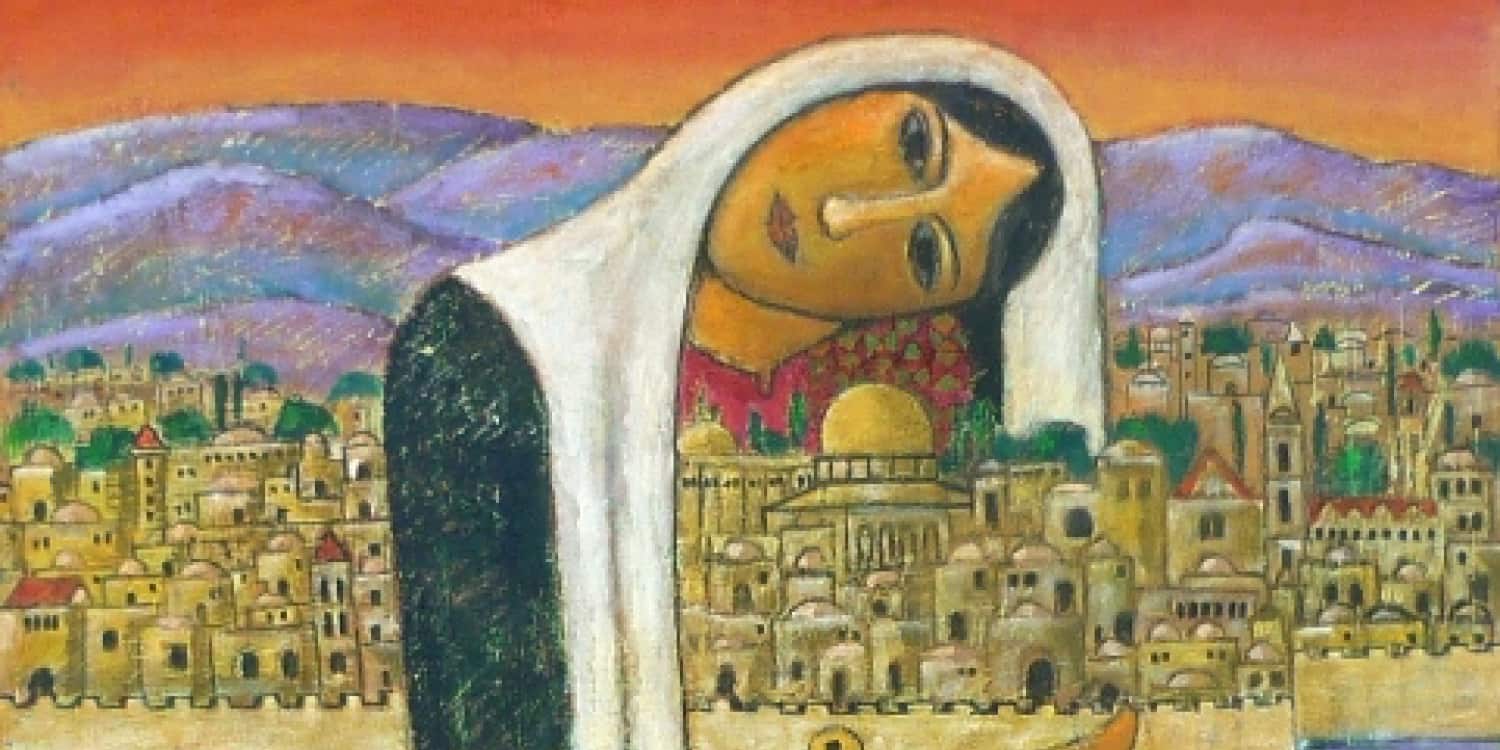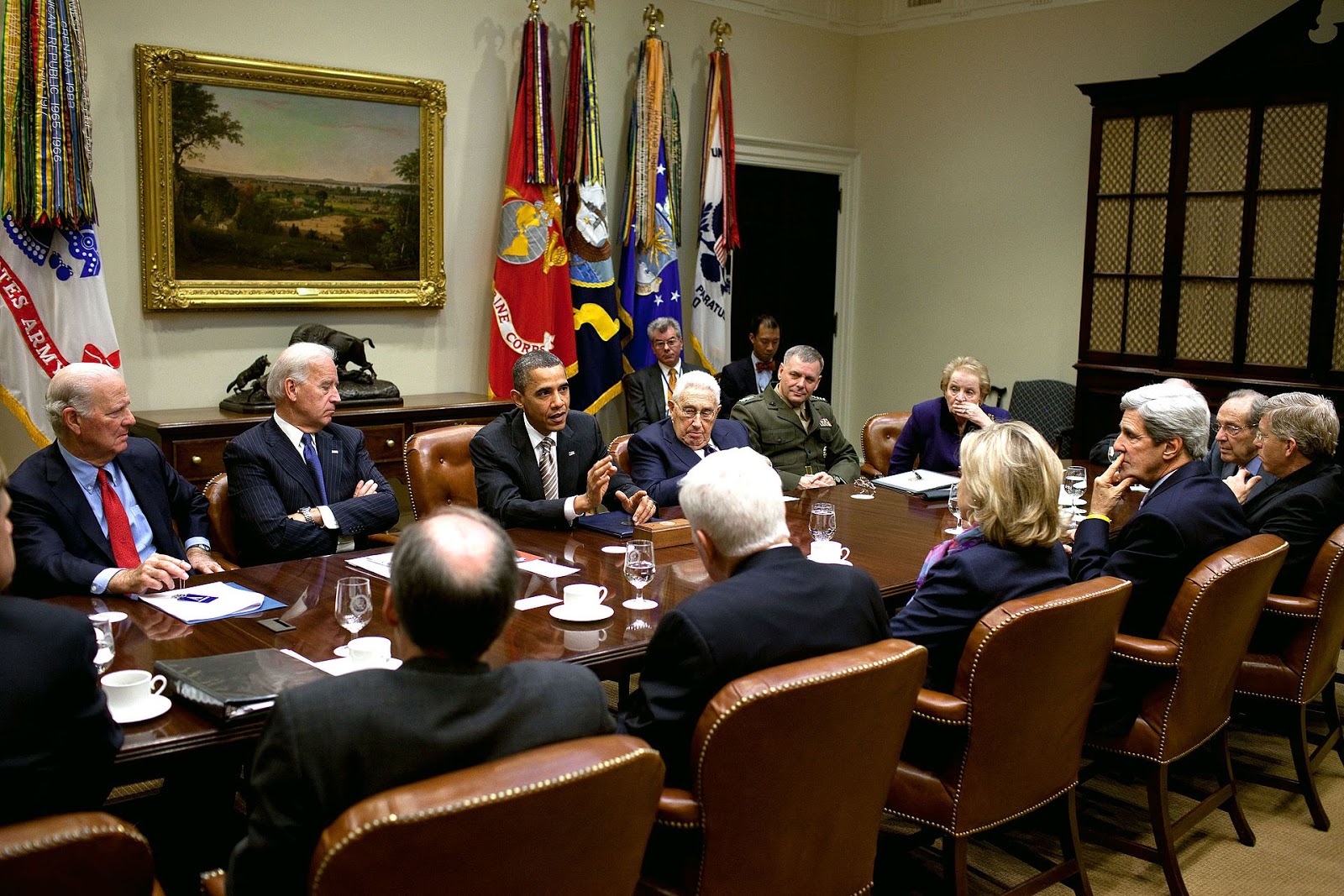Spiritual leader Thich Nhat Hanh once said, “If we are free from attachment, we can easily recognize ourselves in other people, in different forms of manifestation, and then we don’t have to suffer.” Hanh’s words are dreams to the Kurdish people, who exist today fragmented, stateless, and in a forced union with Iraq. Against the backdrop of the ongoing war against ISIS in northern Iraq, the controversial Kurdish independence movement continues with great fervor. After a heated nationwide debate, the Iraqi Kurdistan government, ignoring protests from Baghdad, proceeded to hold a referendum on September 25th, 2017. On that day, the people in the autonomous region voted overwhelmingly for independence. With a turnout of over 70%, and nearly 93% of votes for independence, the Kurds are unified in their desire for an independent Kurdistan.[1]
The Kurdish people were originally denied a nation of their own after the Ottoman Empire’s dissolution at the conclusion of World War I. The Allies threw out any plans for an independent Kurdish state when the Treaty of Sèvres was abandoned. This treaty would have allowed for the creation of a Kurdish state within modern Turkey’s borders, possibly including parts of Iraq and Syria.[2] The treaty that actually went into force, the Treaty of Lausanne, had no provisions for the creation of Kurdistan – due to Turkish President Mustafa Kemal Atatürk’s motives to create a Turkey free of ethnic distinction, where many different ethnic groups could rally behind a shared Turkish nationality.[3] Today, the Kurds are concentrated in a block of land separated by the borders of four different nations – Turkey, Syria, Iraq, and Iran. Iraqi Kurdistan, the self-governing region created as a compromise after the First Iraqi-Kurdish War, is only a part of the land that Kurds live on.
Despite the overwhelming pro-independence majority, Baghdad insists that the referendum results will not lead to Kurdish independence because a secession is unconstitutional. According to Article 106 of the 2005 Constitution, this appears to be the case: “The federal authorities shall preserve the unity, integrity, independence, sovereignty of Iraq, and its federal democratic system.”[4]
Article 106 does not simply give the federal government the right to enforce territorial unity; it explicitly highlights the duty of the federal government to preserve Iraq’s unity. Furthermore, Article 13 clearly states that the constitution is the supreme law of Iraq throughout the entire country (making no exception for autonomous regions):
First: This constitution is the sublime and supreme law in Iraq and shall be binding in all parts of Iraq without exception.
Second: No law shall be enacted that contradicts this constitution. Any text in any regional constitutions or any other legal text that contradicts it is deemed void.
The second clause of Article 13 implies that even if Iraqi Kurdistan’s parliament were to declare independence, it would be legally deemed void. Therefore, at the moment, there is no legal mechanism for Iraqi Kurdistan to become an independent state without the addition of a new constitutional amendment – an unlikely feat considering Baghdad does not want to loosen its control over the resource-rich area.
To complicate it further, the idea of Kurdistan is not only extremely opposed by Baghdad, but also by Turkey and Iran. Both these nations have Kurdish minorities that could become emboldened to fight for their own independent state or join Iraqi Kurdistan – threatening these nations’ territories. The situation is especially tense in regards to Turkey, which has been fighting with Kurdish militant groups for decades.[5]
Furthermore, an independent Iraqi Kurdistan would be surrounded by hostile enemies with minimal or nonexistent support from any of the world’s major powers. The United States is strategically interested in preserving Iraq’s unity as a tool to effectively combat ISIS. Russia is also opposed because they support the Syrian Bashar al-Assad government, who are currently fighting the Kurds in northern Syria. The Russians fear the Syrian Kurds may align themselves with the Iraqi Kurds. In the scenario where Iraqi Kurdistan unilaterally declares independence, it is highly likely that the region will be invaded by either Iraq or Turkey. Should this happen, ISIS or another terrorist group could gain an advantage in seizing the region and further destabilizing Iraq. With the war against ISIS raging into its fourth year, there is a legitimate argument to be made that Kurdish independence can wait until ISIS is defeated.
Despite these obstacles, there is also an argument to be made for the self-determination of Kurdish people. The Kurdish people have had a painful history, especially in Iraq where they were brutally oppressed by Saddam Hussein’s regime.[6] There is a case to be made for a true independent Kurdistan, which has been denied to the Kurdish people for centuries. An independent Kurdish state would allow the Kurds to control their own fate politically and economically, allow the Kurds to preserve their culture, but most importantly, acknowledge the Kurds’ rights to a true homeland.
All in all, everything comes down to one thing – self-determination. Self-determination is a sacred human right, and therefore, it is ultimately up to the Kurdish people to decide how they will be governed. An independent Kurdistan is a beacon of hope for a group of people that have been subjugated for centuries. There is potentially a high price for independence, but the Kurdish people are determined to achieve it.
References
[1] “92.73% ‘yes’ for independence: preliminary official results.” Rudaw.net. September 27, 2017. Accessed October 5, 2017. http://www.rudaw.net/english/kurdistan/270920174.
[2] Danforth, Nick. “Forget Sykes-Picot. It’s the Treaty of Sèvres That Explains the Modern Middle East.” Foreign Policy. September 23, 2016. Accessed October 5, 2017. http://foreignpolicy.com/2015/08/10/sykes-picot-treaty-of-sevres-modern-turkey-middle-east-borders-turkey/.
[3] “Treaty of Lausanne.” The World War I Document Archive. Accessed October 5, 2017. https://wwi.lib.byu.edu/index.php/Treaty_of_Lausanne
[4] “Full Text of Iraqi Constitution.” The Washington Post. October 12, 2005. Accessed October 5, 2017. http://www.washingtonpost.com/wp-dyn/content/article/2005/10/12/AR2005101201450.html.
[5] “Turkey-PKK conflict: UN report tells of ‘2,000 dead’ since truce collapse.” The British Broadcasting Company. March 10, 2017. Accessed October 5, 2017. http://www.bbc.com/news/world-europe-39228548
[6] Arraf, Jane. “Saddam’s brutality still haunts Iraqi Kurds.” Aljazeera. June 2, 2012. Accessed October 5, 2017. http://www.aljazeera.com/indepth/features/2012/06/20126694636618340.html.
[7] “Syria (Rojava or Western Kurdistan).” The Kurdish Project. Accessed October 5, 2017. https://thekurdishproject.org/kurdistan-map/syrian-kurdistan/



